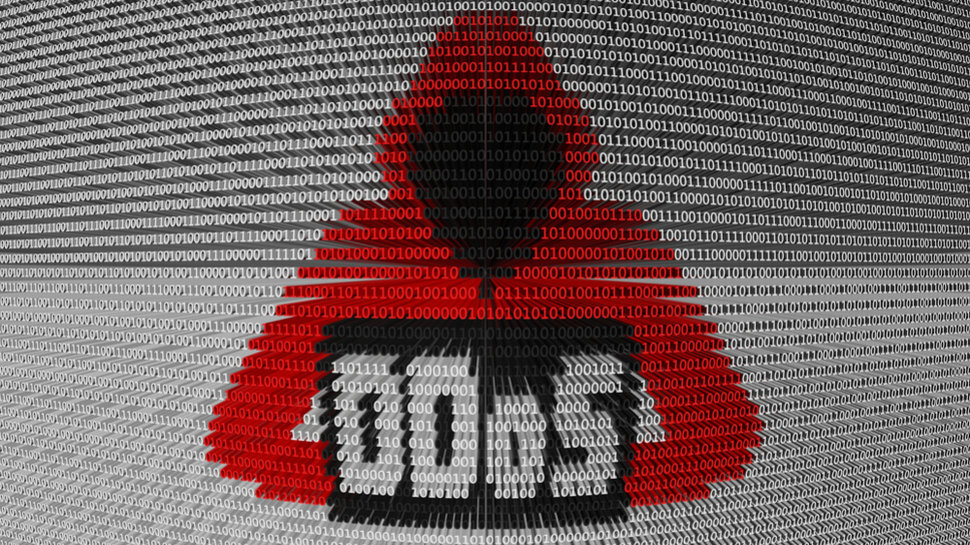DDoS attacks are becoming a weapon of geopolitical conflict
DDoS attacks have increased in frequency and complexity

Distributed-Denial-of-Service (DDoS) attacks saw a rise of 15% in the second half of 2023 thanks to their increased use by hacktivist groups reacting to geopolitical issues, a new report from NetScout has claimed.
During a DDoS attack, the perpetrator attempts to overwhelm their targets’ servers or network infrastructure by sending an overwhelming amount of internet traffic, which the network is unable to process fast enough, especially without the best DDoS protection.
DDoS attacks have been increasingly used to disrupt government and organizational services in nations that are involved in regional conflicts, such as those involved in the Russia-Ukraine war and conflicts in the Middle East.
Political incentives over financial gain
To collate its report, NetScout gathered data on DDoS attacks from 214 countries, 456 vertical industries, and over 13,000 Autonomous System Numbers - with the data showing that over 7 million attacks took place in the second half of 2023 alone.
DDoS attacks are the preferred method of attack for hacktivist and politically-motivated groups due to the relative ease compared to other, more sophisticated means of attack. Secondly, these groups seek to disrupt services or events in order to draw attention to the political or social issues that the groups are advocating for.
Poland is a particular example highlighted in the NetScout report, with a large increase of DDoS attacks occurring in the run up to the parliamentary elections towards the end of 2023 - with many of the attacks taking place in opposition to the new Polish administrations' support for Ukraine. Another example showed upon President Alberto Fujimori’s release from prison in Peru, NetScout observed DDoS attacks within the South American nation increase by 30%.
Targeting trends also changed throughout 2023, with the Gaming and Gambling industries in the crosshairs thanks to the large sums of money involved and disruptions during online eSports and gambling tournaments affecting not just those directly involved but also the large audiences drawn to such events. In 2023 alone, over 100,000 DDoS attacks occurred targeting the gaming industry, and 20,500 hit services related to the gambling industry.
Sign up to the TechRadar Pro newsletter to get all the top news, opinion, features and guidance your business needs to succeed!
“Global adversaries have become more sophisticated in the past year attacking websites and overloading servers to lockout customers and inflict digital chaos to influence geopolitical issues,” stated Richard Hummel, senior threat intelligence lead, Netscout.
“The relentless barrage of DDoS threats drives up costs and creates security fatigue for network operators. They cannot safeguard their digital assets without the proper advanced DDoS protection leveraging predictive, real-time threat intelligence.”
Among other methods of disruption, DDoS attacks are expected to increase throughout 2024 due to the number of important elections taking place across the globe.
More from TechRadar Pro
- Keep your network secure with the best endpoint protection software
- DDoS attacks saw a huge surge in the first part of 2024, with one particular country badly hit
- These are the best firewalls around right now

Benedict has been with TechRadar Pro for over two years, and has specialized in writing about cybersecurity, threat intelligence, and B2B security solutions. His coverage explores the critical areas of national security, including state-sponsored threat actors, APT groups, critical infrastructure, and social engineering.
Benedict holds an MA (Distinction) in Security, Intelligence, and Diplomacy from the Centre for Security and Intelligence Studies at the University of Buckingham, providing him with a strong academic foundation for his reporting on geopolitics, threat intelligence, and cyber-warfare.
Prior to his postgraduate studies, Benedict earned a BA in Politics with Journalism, providing him with the skills to translate complex political and security issues into comprehensible copy.